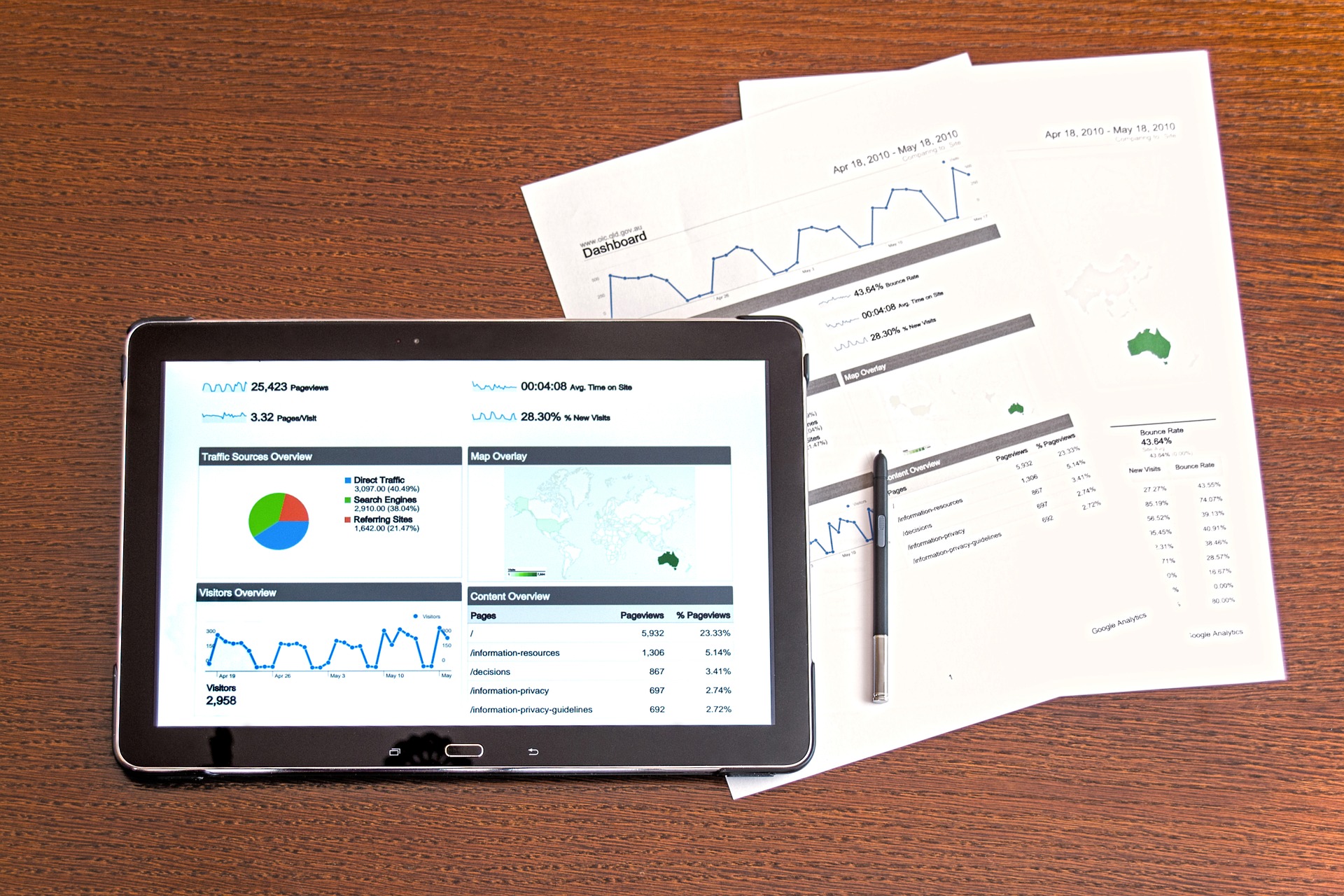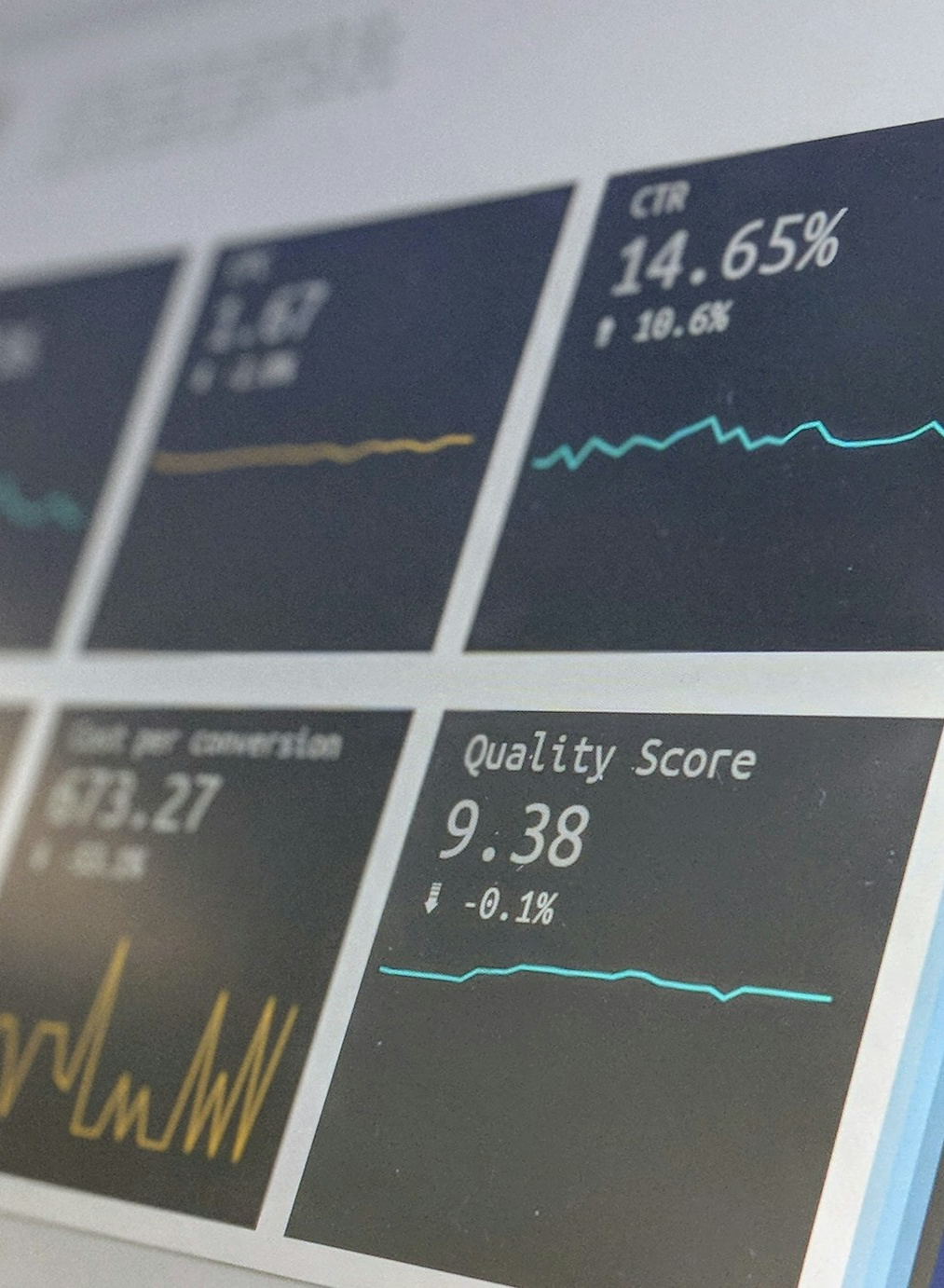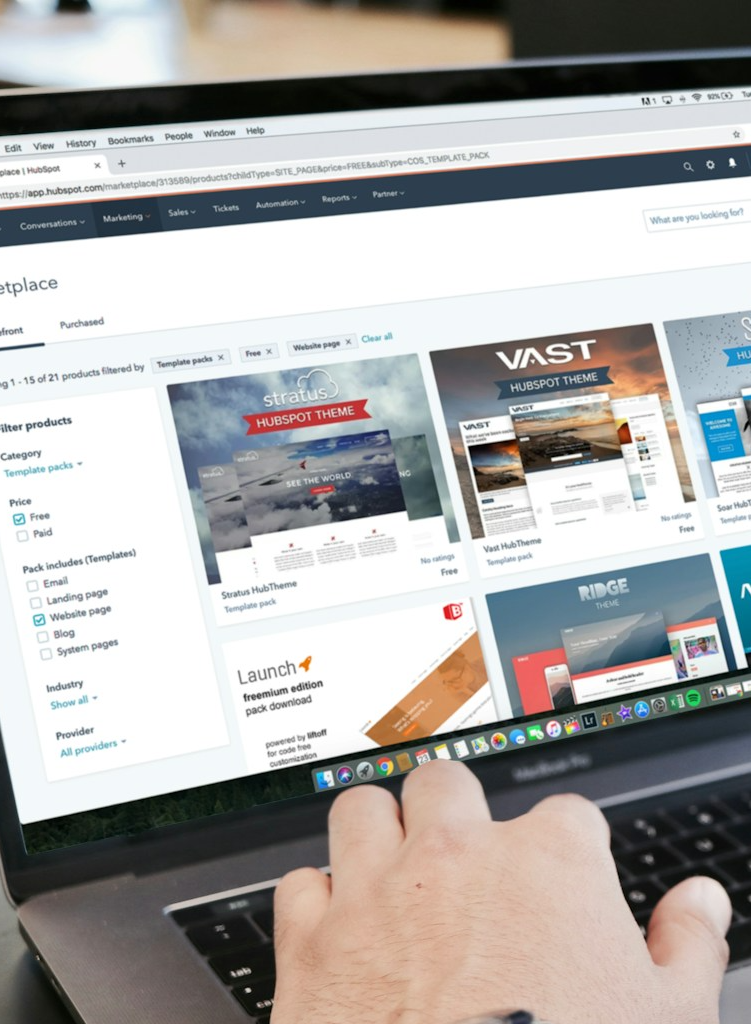Data plays an important role in many businesses - from providing metrics into activity; to financial information about the performance of the business; and operational information about business efficiency.
Our previous blog posts on this topic look at where data is and how to collect it, but today we’re looking at how your data can be turned into useful information.
At a theoretical level, data is described as the raw outputs whereas information is data put into a meaningful format, called insight. It’s this information that’s best used to gain insight into your business and its operations.
One of the key uses for information in business is to find out more about your customers - enabling you to better serve their requirements. Regardless of the business size, the customer is at the core of everything you do. You need to be able to understand your customer to interact with them; to engage them; to drive them to engage with you. By embracing data, you can communicate with your customer on common grounds.
Out of this understanding for our customers, we can then use mechanisms to better engage with these users - personalisation. Despite having a target audience for your business, this audience is based on an estimate of a large collective rather than a specific individual. Your data will give you a deeper insight into your consumer audience and specific consumer groups. When it comes to data, there’s a key concept that people tend to forget; data is about insight. A number will only ever be a number without the intervention of insight - how do you make that number meaningful? From a marketing perspective, intuition can lead to some stunning creative outcomes, but without this data it can do little to drive change in business.
Ever noticed you’re browsing for new shirts and then ads for that company start following you around the Internet? This is a prime example of how data is used on a large scale to automatically show offers you have shown interest to in the past - and it works. Statistics show targeted marketing have much higher engagement and conversion rates than standard marketing efforts and it’s all enabled by data associated with your customer.
While data is everywhere, it's not always easy to identify and extract the right data from your business and herein lies the challenge. 50% of small business report having no clear data strategy, another 47% cite privacy and policy concerns, 40% believe database queries take too long whilst 42% have no clear ROI. To solve this, it’s important to understand which data is relevant to you and your business objectives.
Certainly, big data is overwhelming, but execute it properly and it’s one of the most powerful tools you can use in business.
If you’re looking to implement data collection/management systems in your business, DCODE GROUP has a wealth of experience in custom software development to help record and track your business operations. Let's talk further how we can help implement technology systems and processes to help you capitalise on data in your business.
Get updates, tips and industry news delivered directly to you





